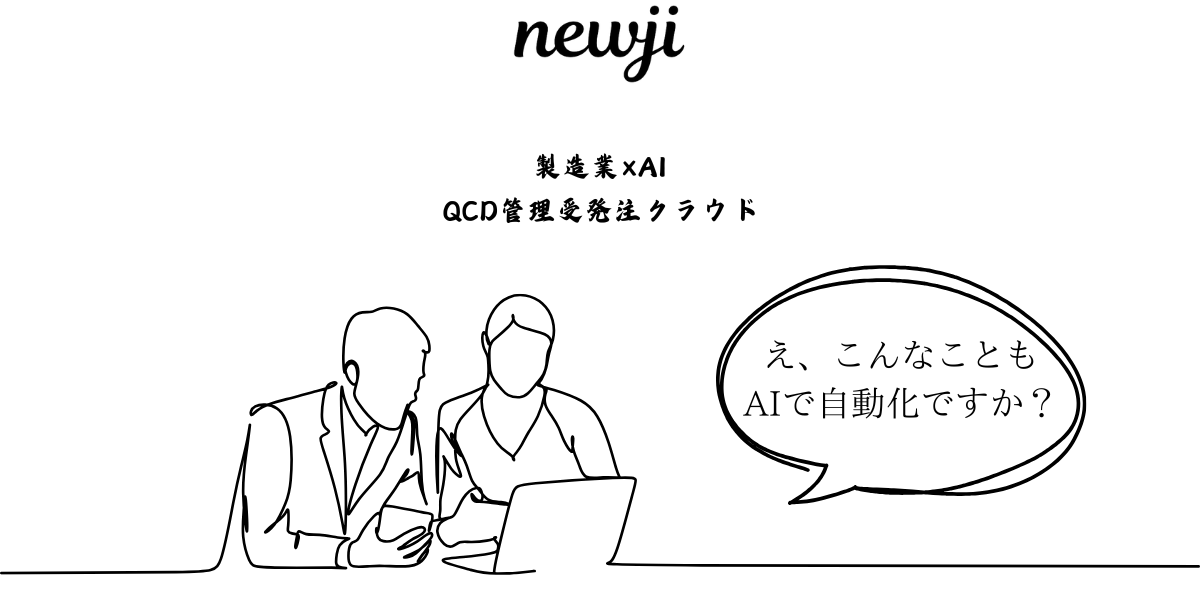- お役立ち記事
- Supplier audit items and evaluation points to increase corporate competitiveness

Supplier audit items and evaluation points to increase corporate competitiveness

目次
Understanding Supplier Audits
In today’s competitive business environment, companies must ensure that their supply chains are robust, efficient, and reliable.
A key aspect of managing a successful supply chain is conducting supplier audits.
Supplier audits are a systematic examination of a supplier’s processes, systems, and capabilities.
The purpose of these audits is to assess the supplier’s ability to meet the company’s quality, performance, and regulatory requirements.
By properly evaluating suppliers, businesses can mitigate risks, ensure consistent product quality, and enhance their overall competitiveness.
Why Conduct Supplier Audits?
Conducting supplier audits is essential for several reasons.
Firstly, they help in identifying and mitigating risks related to quality, compliance, and supply chain disruptions.
Secondly, audits ensure that suppliers adhere to legal and industry standards, which protects the company from potential liabilities.
Moreover, supplier audits foster better relationships and communication with the suppliers, which can lead to improved collaboration and performance.
Finally, regular audits can drive cost savings by highlighting inefficiencies and encouraging suppliers to adopt more productive practices.
Key Audit Items
When conducting a supplier audit, there are several critical items and areas to assess.
Each item provides insights into various aspects of the supplier’s operations and their alignment with the company’s requirements.
Quality Management Systems
One of the primary areas to assess is the supplier’s quality management systems (QMS).
The audit should evaluate whether the QMS aligns with recognized standards, such as ISO 9001.
Key aspects to consider include document control, corrective action processes, and continuous improvement initiatives.
A strong QMS ensures consistent product quality and minimizes defects.
Compliance with Regulatory Standards
Ensuring compliance with regulatory standards is non-negotiable.
The audit should assess the supplier’s adherence to all applicable regulations and industry standards.
This includes checking certifications, licenses, and records of compliance with safety, environmental, and labor laws.
Non-compliance can lead to legal issues and damage the company’s reputation.
Production Capability and Capacity
Understanding a supplier’s production capability and capacity is vital to prevent supply chain disruptions.
The audit should evaluate the supplier’s facilities, equipment, and workforce to determine if they can meet the company’s demands.
Additionally, assessing their scalability and flexibility in adapting to changing requirements is crucial for long-term partnerships.
Supplier’s Financial Stability
The financial stability of a supplier is a significant indicator of their ability to maintain operations.
An audit should include a review of financial statements, credit ratings, and financial practices.
A financially stable supplier is less likely to experience disruptions that could impact your supply chain.
Supply Chain Management
Assessing the supplier’s own supply chain processes is also important.
This involves examining their procurement strategies, logistics, inventory management, and supplier relationship management.
A well-managed supply chain at the supplier’s end ensures timely delivery and consistent quality of the raw materials or components they supply.
Evaluation Points for Assessing Suppliers
While auditing suppliers, it’s essential to focus on specific evaluation points.
These points help in determining the supplier’s ability to contribute positively to your business.
Innovation and Technology
Suppliers that invest in innovation and technology are often more competitive and capable of providing superior products and services.
Evaluate whether the supplier is leveraging the latest technologies and implementing innovative practices.
This can lead to enhanced efficiency, reduced costs, and improved product quality.
Customer Support and Responsiveness
Effective communication and responsiveness are critical traits for any supplier.
An evaluation of the supplier’s customer support systems and their responsiveness to inquiries, issues, and emergencies should be included in the audit.
Reliable customer support ensures timely resolution of problems, minimizing potential disruptions.
Environmental and Social Responsibility
Today’s businesses are increasingly committed to sustainability and corporate social responsibility.
Assess a supplier’s environmental practices, such as waste management, resource efficiency, and carbon footprint.
Additionally, consider their social practices, including fair labor policies and community engagement.
A supplier committed to environmental and social responsibility aligns with the values of a socially-conscious company.
Track Record and References
A supplier’s track record offers insights into their reliability and performance over time.
Evaluate past performance data, customer testimonials, and industry reputation.
It may also be helpful to contact references to verify the supplier’s reliability and ability to meet expectations.
Cost Competitiveness
While cost should not be the sole determining factor, it’s certainly crucial.
Assessing cost competitiveness involves evaluating pricing models, payment terms, and the total cost of ownership.
A supplier who offers competitive pricing while maintaining quality provides value to the business.
Conclusion: Building Strong Supplier Relationships
Supplier audits are a fundamental part of building a resilient and competitive supply chain.
By carefully evaluating key audit items and focusing on crucial evaluation points, companies can ensure they partner with reliable suppliers.
This not only reduces risks but also enhances the company’s ability to deliver quality products and services.
Conducting regular supplier audits fosters transparency, trust, and collaboration, leading to strong, productive business relationships.
As a result, companies can achieve greater efficiency, cost savings, and long-term growth in the competitive business landscape.
 資料ダウンロード
資料ダウンロード
QCD調達購買管理クラウド「newji」は、調達購買部門で必要なQCD管理全てを備えた、現場特化型兼クラウド型の今世紀最高の購買管理システムとなります。
 ユーザー登録
ユーザー登録
調達購買業務の効率化だけでなく、システムを導入することで、コスト削減や製品・資材のステータス可視化のほか、属人化していた購買情報の共有化による内部不正防止や統制にも役立ちます。
 NEWJI DX
NEWJI DX
製造業に特化したデジタルトランスフォーメーション(DX)の実現を目指す請負開発型のコンサルティングサービスです。AI、iPaaS、および先端の技術を駆使して、製造プロセスの効率化、業務効率化、チームワーク強化、コスト削減、品質向上を実現します。このサービスは、製造業の課題を深く理解し、それに対する最適なデジタルソリューションを提供することで、企業が持続的な成長とイノベーションを達成できるようサポートします。
 オンライン講座
オンライン講座
製造業、主に購買・調達部門にお勤めの方々に向けた情報を配信しております。
新任の方やベテランの方、管理職を対象とした幅広いコンテンツをご用意しております。
 お問い合わせ
お問い合わせ
コストダウンが利益に直結する術だと理解していても、なかなか前に進めることができない状況。そんな時は、newjiのコストダウン自動化機能で大きく利益貢献しよう!
(Β版非公開)

